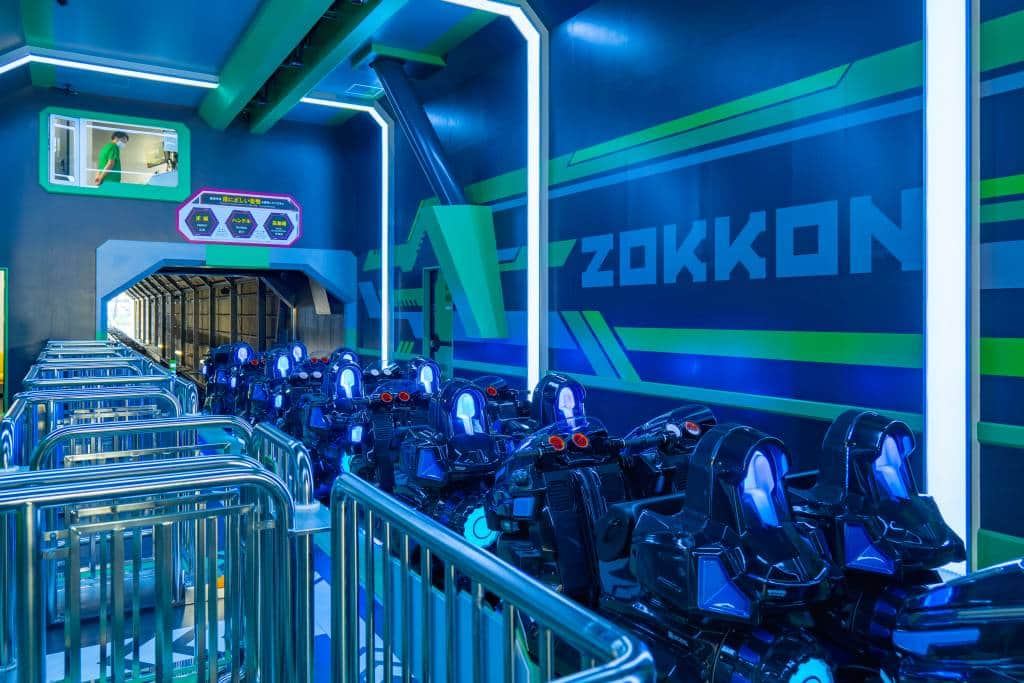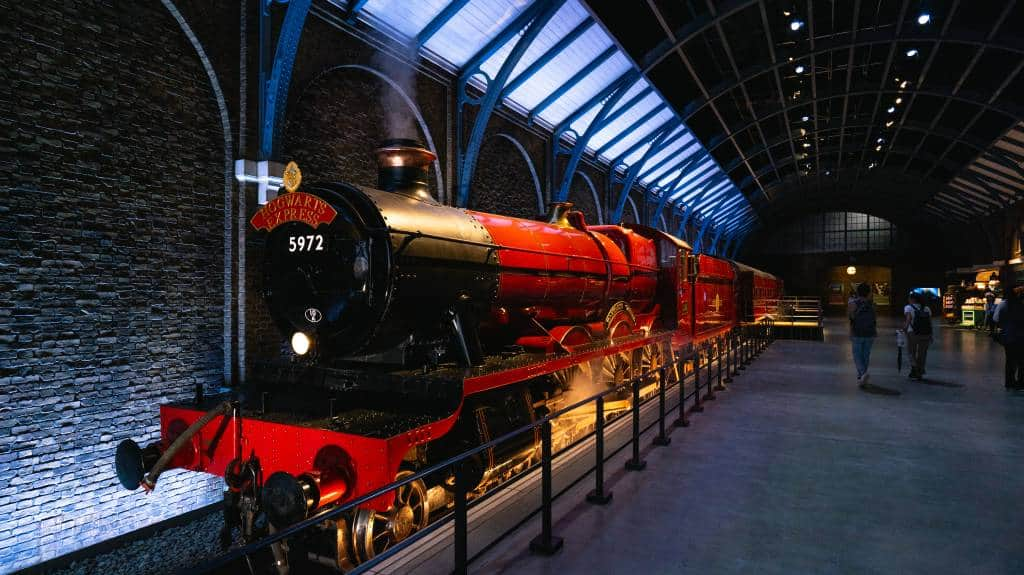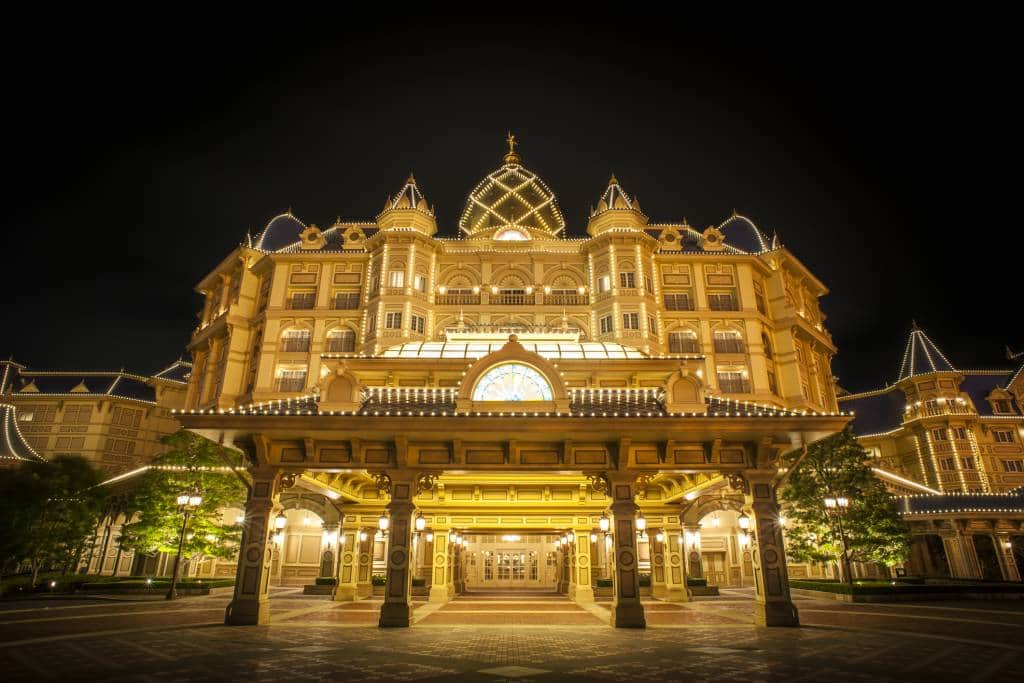
The mascot of Inokashira Park Zoo is a squirrel, so to be completely honest, you shouldn’t really be expecting much in terms of animal variety. However, at 400yen for a passport-less adult (with a passport, foreigners get a 20% discount), the park was well worth it. Inokashira Park Zoo is famous in Japan for specializing in the indigenous creatures of Japan, so along with the typical monkeys and elephants, there are also several species of uniquely Japanese animals.
The park itself (as I later learned) was split into two sections, the first that housed an assortment of ducks, and the second that housed all the other animals, including Hanako, the giant Thai elephant. However, by far what makes the Inokashira Park Zoo unique is the fact that the two parks are separated. It is two for the price of one. It is impossible to buy a ticket to just one of the parks.

The first park is essentially a duck sanctuary. As mentioned before,
Inokashira Park Zoo specializes in the indigenous species of Japan – especially squirrels and ducks- and is devoted to breeding those mandarin ducks and releasing them into the wild. More specifically, they release the ducks into the pond next door, the pond we talked about in an earlier post where you can rent a boat (a row-boat, a boat shaped like a swan, or a regular paddle boat). So unfortunately this section of the Inokashira Park Zoo looked a lot like the free version, right next door.
However, there were some interesting breeds of ducks too, like this particular mandarin duck.

The duck sanctuary park of the park is rather small, to say the least. It has more of a “peaceful” feel than a “zoo” feel.
However, when I tried to leave the park, a helpful park attendant pointed out the “other” part of the park, about 600 meters away. When I got to that gate, they ripped another part off my ticket and let me inside the gates.

So note this, fellow Cheapos, apparently there is a second park. And believe me, this park is well worth the 400yen.
In the second park, there was the normal monkeys, raccoon dogs, Amur cats, elephants, and Japanese serows. However, there was also a miniature amusement park, complete with several cheap rides, a library owned by Japanese poet, Ujo Noguchi, and famous sculpture garden and museum designed by Seibo Kitamura. There was something for people of all ages.
The animals were especially cute. Rather than large tigers, they had several types of small cats. Rather than falcons, they had owls. Everything seemed very natural.

The jewel of Inokashira Park Zoo is Hanako, the oldest Asian elephant in the world, the third-oldest (regular) elephant in the world, and the oldest elephant housed in a Japanese zoo. In 1949, she was brought over from Thailand. Her exact age is unknown, but they think she was around 2 years old when the zoo acquired her. In fact, earlier in January of 2013, Hanako celebrated her 66th birthday.

Yes, the Inokashira Park Zoo is no “Ueno Zoo,” but it is also nowhere near the price of Ueno Zoo. With a charming cafe, a great gift shop, and mini-amusement park, and a collection of adorable animals, Inokashira Park Zoo is a great place to waste a couple hours on a nice, afternoon.
Also, when the cherry blossoms (or other flowers) and in bloom, the park is especially lovely, so I recommend making a trip down to Kichijoji to see Inokashira Park Zoo sometime in the next couple weeks.





























